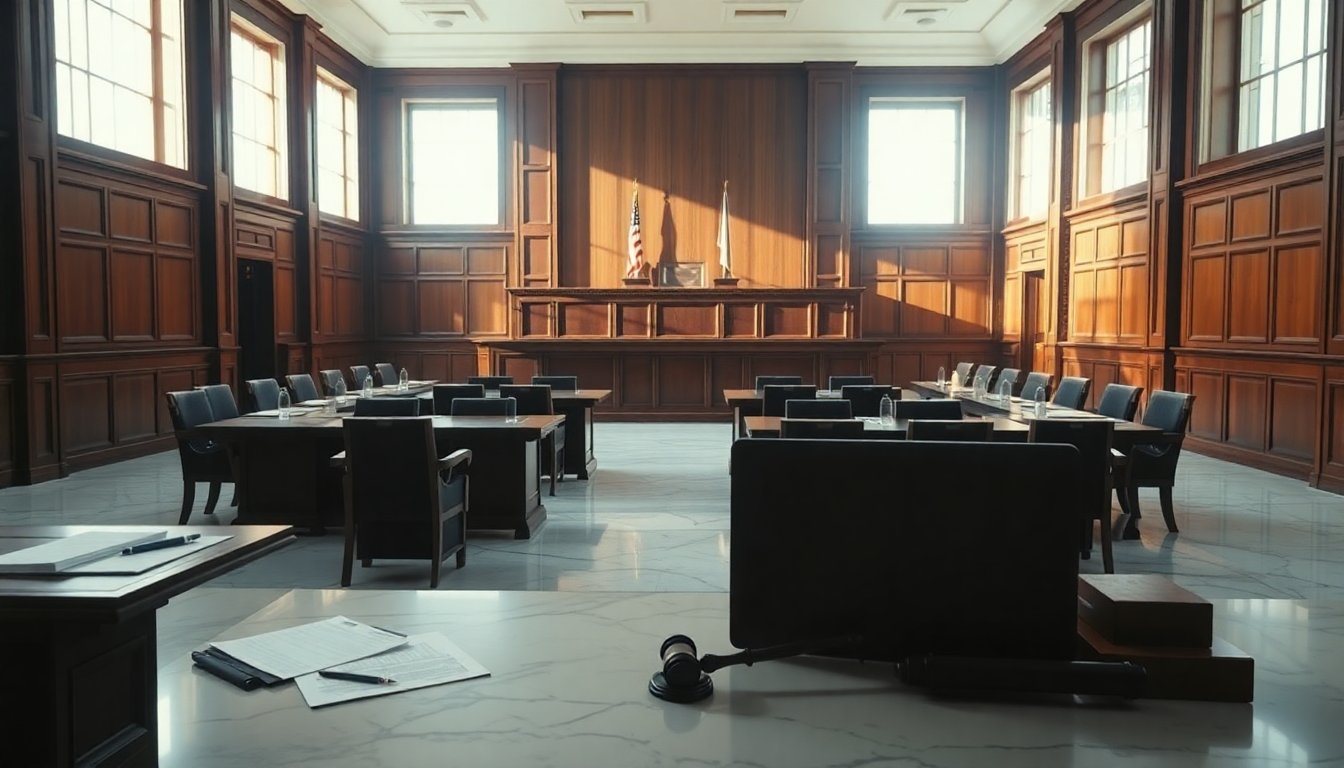Table of Contents
The courtroom has long been a platform for high-profile legal battles involving celebrities, significantly shaping public perception and societal norms. Cases involving Bill Cosby, Michael Jackson, and O.J. Simpson transcend mere legal disputes. They highlight a complex interplay of race, media, and justice in America, prompting critical questions about fairness, representation, and the integrity of the legal system.
The Bill Cosby trial, which began in 2017, revealed much about societal implications and emotional tolls. Initially, coverage appeared straightforward, but the deeper implications mirrored those of the notorious trials of Jackson and Simpson. These experiences culminated in a book titled Celebrity Trials: Legacies Lost, Lives Shattered. What’s the Real Truth?, available on Amazon.
Understanding the trials and their societal implications
During interactions with Cosby, he demonstrated a personal approach to media engagement. Despite facing serious allegations, he sought open dialogue and fairness from the press. This appeal reflects a broader sentiment among many African Americans who often feel marginalized by mainstream media narratives. Cosby’s interactions underscored the historical context of judicial bias against black men, with roots tracing back to the Civil Rights era.
Media representation and its effects
The media’s portrayal of black defendants frequently contrasts with that of their white counterparts. This discrepancy was evident during Cosby’s trial, where coverage often lacked nuance and fairness. In contrast, the Black Press offered a more balanced perspective, emphasizing the case’s intricacies rather than sensationalizing the events. Understanding this disparity in media treatment is essential to grasping why many African Americans celebrate the acquittals of figures like Simpson and Jackson.
The O.J. Simpson case and cultural reflections
The O.J. Simpson trial, a landmark case in the 1990s, exemplifies how celebrity trials can impact public perception. Simpson’s circumstances encapsulated the phrase “wrong place, wrong time.” The decision to hold the trial in Los Angeles instead of Santa Monica raised questions about the choice of venue, which some speculated was intended to ensure a diverse jury. The prosecution’s choice significantly influenced the trial’s outcome.
Despite being acquitted of murder charges, Simpson’s past continued to haunt him, culminating in a separate incident that led to his imprisonment for robbery. This case illustrates how public perception is intertwined with individual actions and societal expectations. Many viewed him as a symbol of racial injustice, highlighting the complex relationship between his celebrity status and legal problems.
Michael Jackson’s complex legacy
Similarly, Michael Jackson endured intense scrutiny throughout his life, culminating in a trial with profound personal and cultural ramifications. During this trial, I found myself in a unique position as a witness. The emotional weight of the situation was tangible, yet I couldn’t dismiss the allegations presented. However, Jackson’s public adoration complicated the narrative, often resulting in denial regarding his alleged wrongdoing.
Jackson’s tragic end four years after his trial raised critical questions about the pressures of fame and the impact of public scrutiny. It also highlighted the challenges of addressing substance abuse issues, which he faced privately. The cultural implications of his life and death continue to resonate, prompting ongoing discussions about mental health and the burdens experienced by individuals in the public eye.
The ongoing narrative of justice and race
These celebrity trials reveal a microcosm of larger societal issues regarding race and justice in America. The experiences of Cosby, Jackson, and Simpson illustrate a troubling narrative: black men, regardless of wealth and fame, often encounter disadvantages within the legal system. The plea for fairness from public figures underscores a critical need for systemic change and greater equity in judicial proceedings.
As society grapples with these themes, reflecting on the intersection of celebrity, race, and justice remains essential. Each trial shapes individual lives and leaves an indelible mark on public consciousness, influencing how future cases may unfold.


